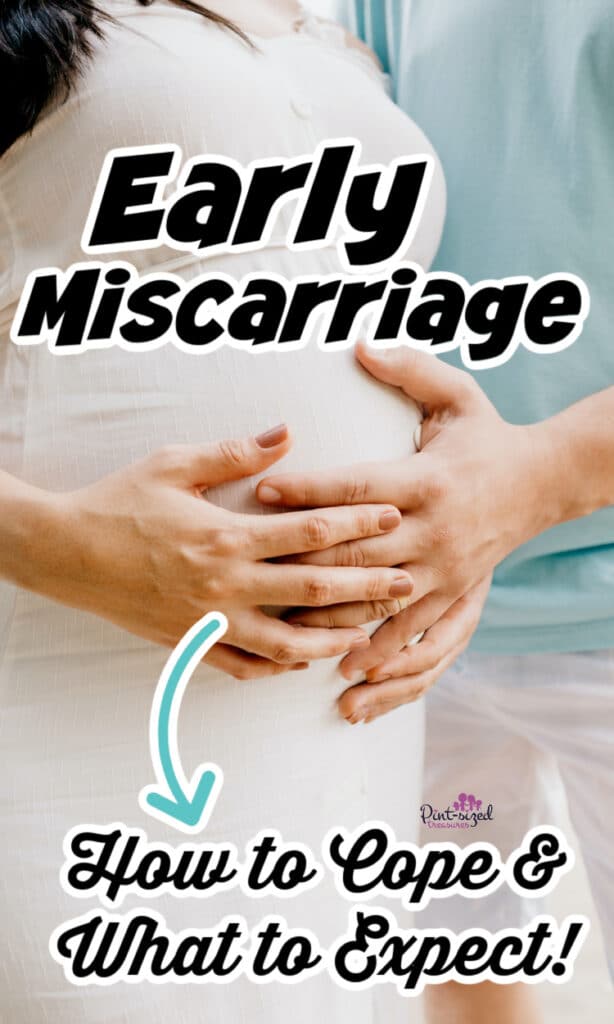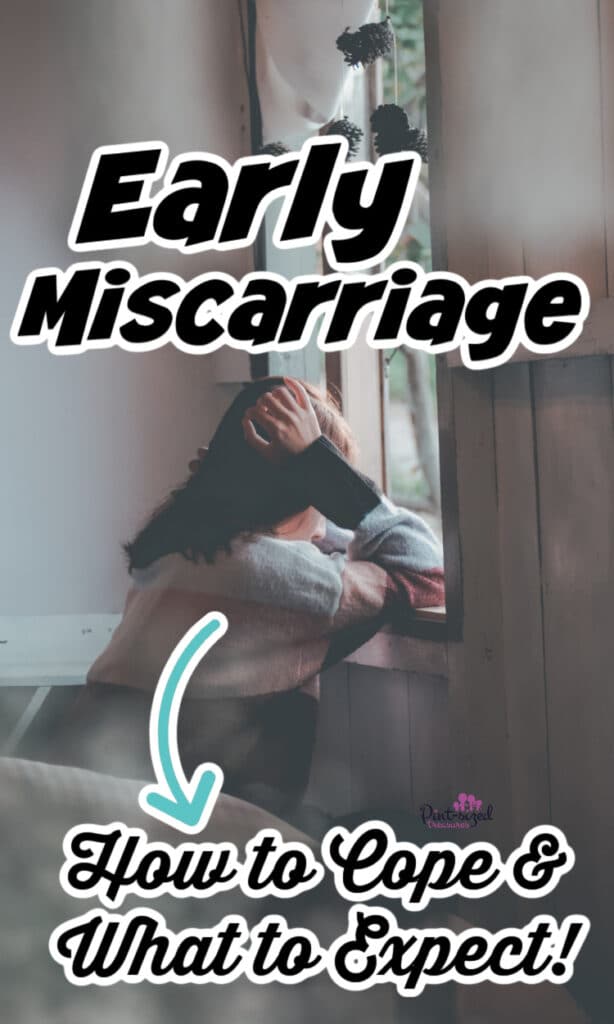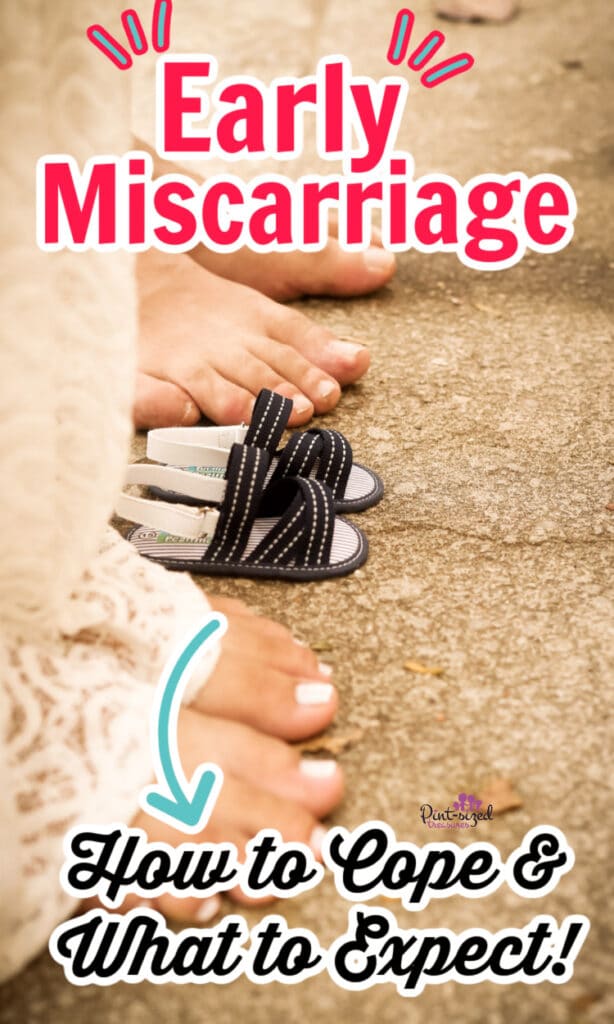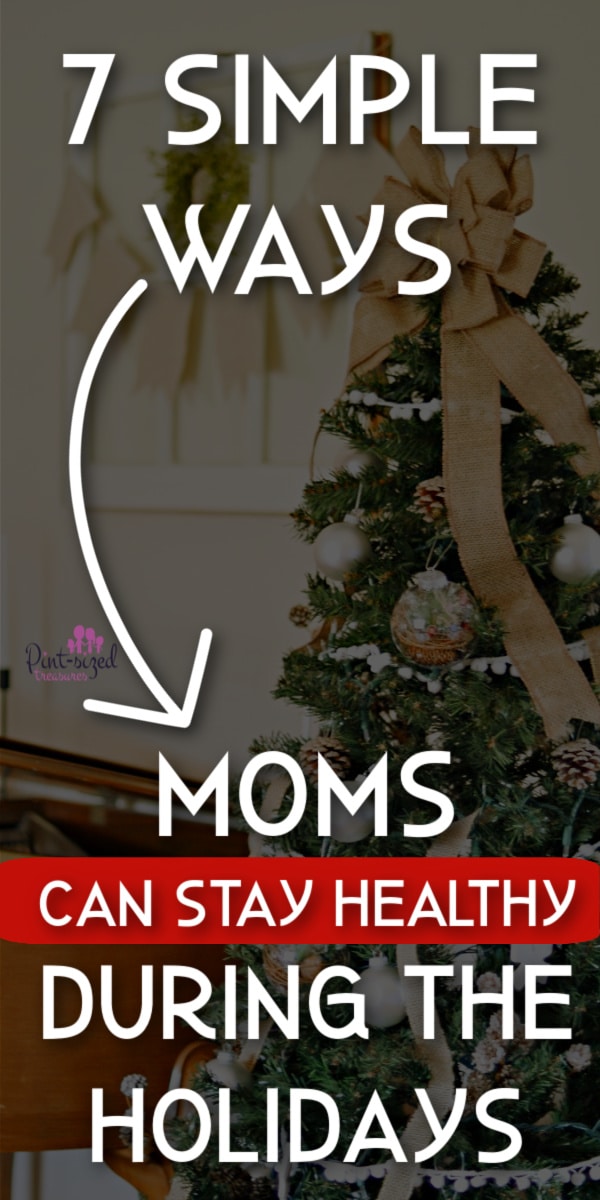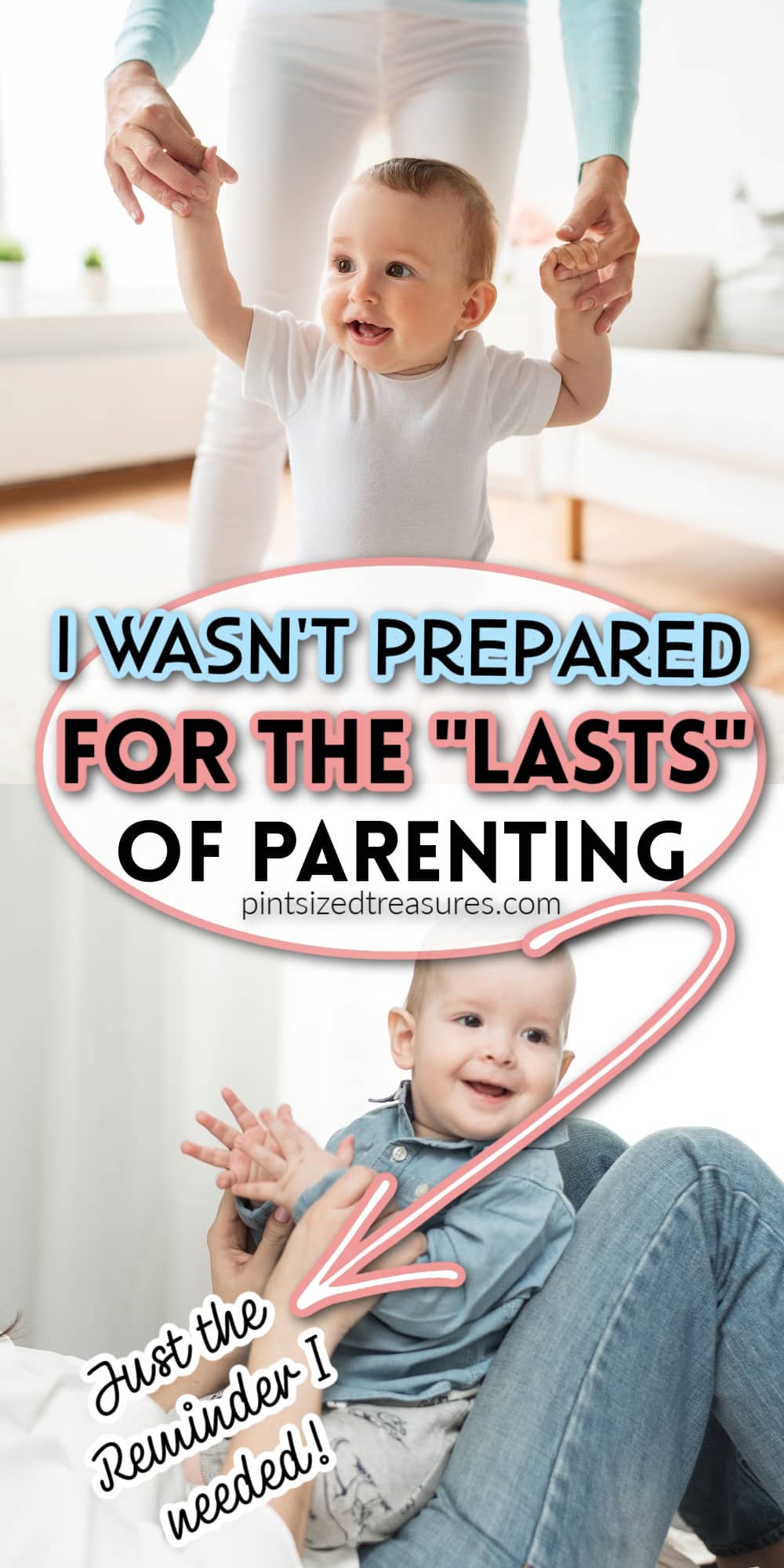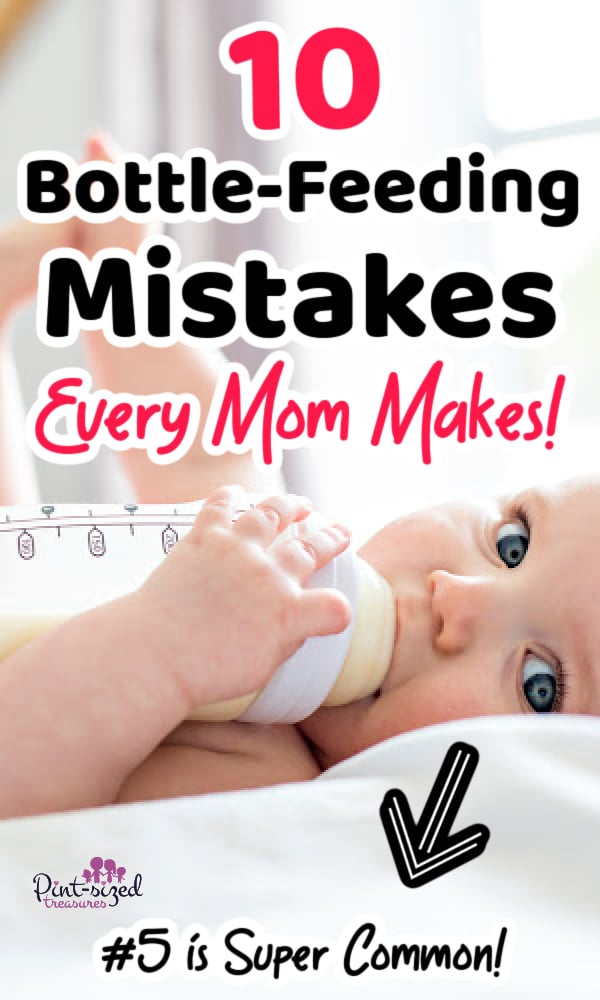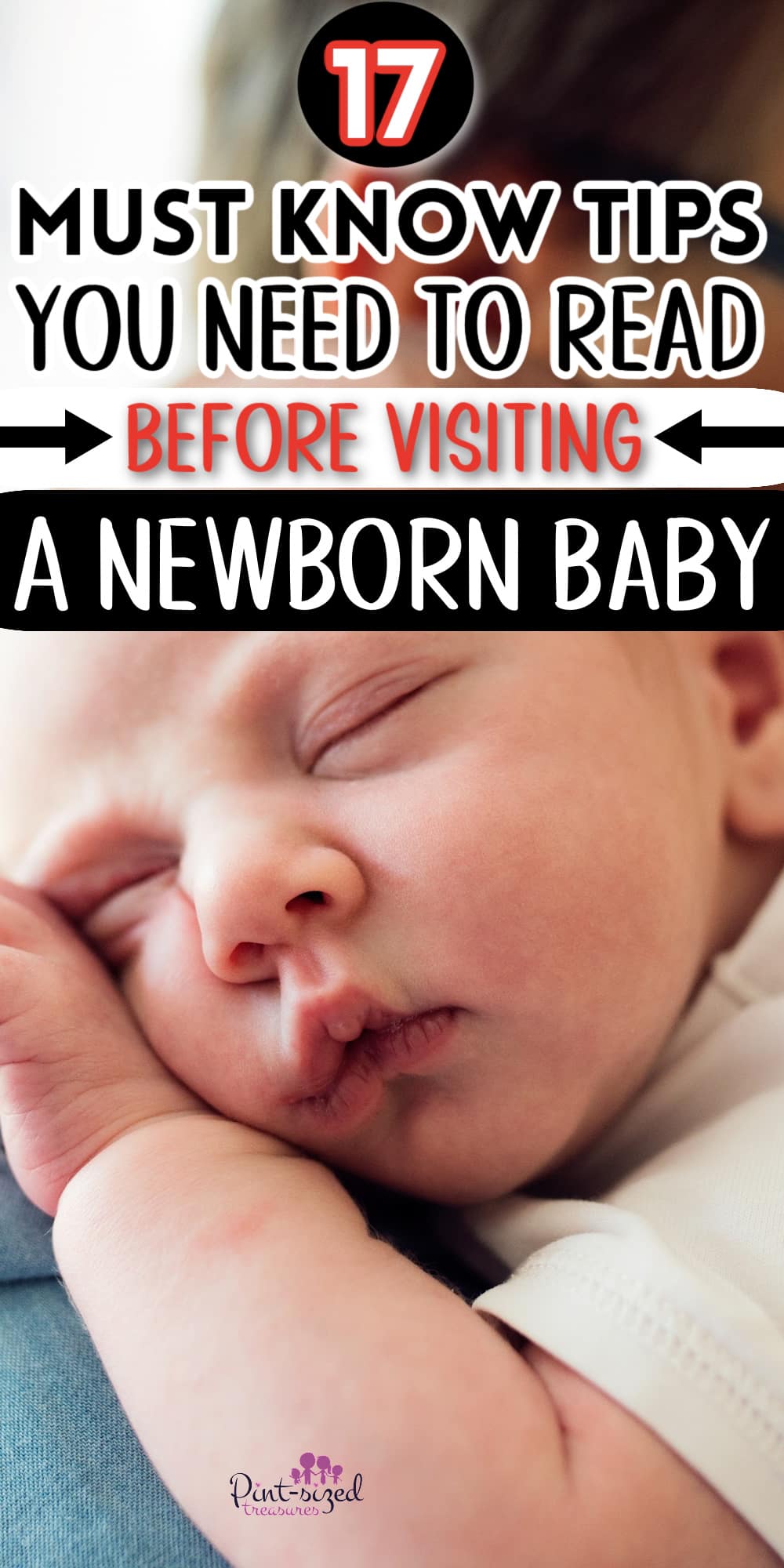Early Miscarriage Isn’t Uncommon, But It’s Still Very Difficult to Experience
Studies show that approximately 1 in 5 pregnancies end in a miscarriage.
Please note, this article is not written by a medical professional. If you’re experience symptoms of an early miscarriage, please contact your physician immediately.
Unfortunately, I’ve had the experience of coping with five miscarriages.
Each one had its own set of difficulties.
Each one brought tears and heartache.
I’d like to use my experience, as well as years of research, to help other moms find support and comfort for the time they may have to face an early miscarriage.
Physically, with an early miscarriage you’ll experience cramping, bleeding, passing fluid,and even blood clots.
Depending on how many weeks along you are will also determine the intensity of the bleeding and cramping.
Also, some mothers never see a fully formed baby, while others actually go through the delivery process and deliver a baby in a hospital setting.
If you experience a very early miscarriage, you may only experience what seems a heavier than normal cycle and extra weakness for a week or more.
Either way, you need to be treated by a physician for a miscarriage as these can become serious quickly.
What happens During an Early miscarriage?
Unfortunately, nothing can be done to stop a miscarriage once it has started.
The treatment your provider choose to follow will be to prevent heavy bleeding, infection, and promote recovery for your body.
How Do Parents Cope After a Miscarriage?
Often the mothers were more attached to the baby than the father was.
It’s not that the father didn’t love the baby, but the mother had already been carrying the baby and had already felt her body change as it prepared to grow a full-sized infant inside her uterus.
Sometimes it’s tough on a married couple to walk through a miscarriage together.
Try to be very sensitive to each other’s reaction and understand this is difficult for both fo you.
Neither one of you may react as the other one expects.
Take your time and work through this together.
It’s best not to think about or discuss “having another one” for a few months.
This can be a very sensitive topic for some parents and can cause greater division in your marriage if you’re not on the same page.
How Do You Tell Other People About Your Early Miscarriage?
If you’ve already announced the pregnancy, sometimes it’s better to go ahead and announce the miscarriage so you don’t have to individually tell everyone for several months.
For my first two miscarriages I avoided telling people outside our family about the miscarriages and later regretted it because I had to bring it up when I saw friends or neighbors in the grocery store, talked on the phone etc.
If you make one or two announcements, word can then travel naturally and you won’t have to painfully bring up the subject for months to come.
Is it Normal to Grieve An Early Miscarriage?
Absolutely.
You had a tiny, little, precious life growing inside of you.
You were celebrating a new little human being.
You were already experiencing morning sickness.
Maybe you even had a name chosen for your little one.
And for some reason, that little one left your womb and entered heaven without you getting the opportunity to hold, rock, or embrace him or her.
You have every right to cry and grieve the loss of your child.
Will I Want More Children After An Early Miscarriage?
For the first few months you may be apprehensive about trying to get pregnant again.
You may be afraid about losing another baby.
No one wants to live through that type of pain again.
But, I will say, it’s worth the risk. <3
Even though I experienced pregnancy loss five times, I also experienced the joy of raising six precious kids who are now 19, 17, 15, 13, 11, and 10 years old.
Whatever reason God had for the other babies leaving this earth I will never know, but I am thankful for the opportunity to be a mother to six people on this planet.
Will I forget About the Baby I Miscarried?
Most likely not.
After many years, I still think about the babies I miscarried at 13 weeks, 9 weeks, 6 weeks, 4 weeks, and 19 weeks.
The details may become blurry, but the memories of the pain of knowing your little one was gone will continue to last.
But that pain will remind you just how much you anticipate the birth of your precious little one!
Should I Talk to My Friends and Family About My Miscarriage?
Yes!
Find friends and family who are supportive and want to listen and share your experience and story.
It helps you share about your baby, your pain, your health difficulties, and your loss.
This is one of the ways you walk through the process of grieving.
Plus, when you share your stories about healing and grief you help others understand the difficulties of an early miscarriage.
Then, when others are knowledgeable about what women experience during the loss of a baby, they can then offer help, support and comfort to their friends, daughters, sisters, and co-workers if they ever face this difficult experience.
By sharing your struggles and being vulnerable, you help others!
IF you’re experiencing an early miscarriage or have recently, may you find the comfort, help, and support you need today. Please reach out and email me if you need any more support. Sending hugs! <3

